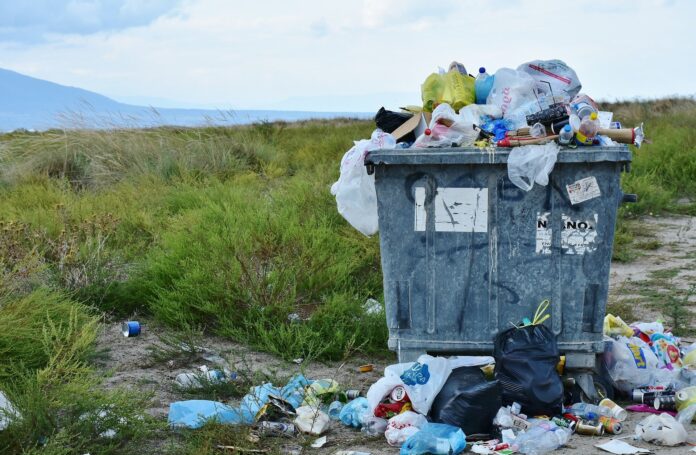By Halima Abdulsalam Muhd
For decades, many Nigerian communities benefited from a rigorous weekly sanitation exercise led by duba gari—community health monitors who inspected homes and surroundings for hygiene compliance. These dedicated individuals went from house to house, checking toilets, kitchens, bedrooms, and waste disposal areas. Offenders were fined ₦50, a penalty that not only discouraged negligence but also ensured that communities maintained high sanitation standards.
Today, however, that once-vibrant practice has largely disappeared, leaving neighborhoods grappling with mounting sanitation challenges, from blocked drainages to increased cases of cholera and malaria. Residents and experts alike are calling for the revival of this community-driven initiative.
Voices from the Community
Malama Hadiza Musa, a trader in Naibawa, recalled how effective the system used to be.
“When the duba gari came every week, we had no choice but to clean up. Everywhere was tidy, even the backyards. Now, people dump refuse carelessly, and it is affecting all of us,” she lamented.
Mr. Aliyu Garba, a retired civil servant, shared similar sentiments:
“Back then, sanitation was part of our lives. Today, gutters are clogged, and mosquitoes breed everywhere. We need to bring back that system before things get worse.”
For Zainab Abdullahi, a mother of four, the absence of weekly inspections has created health concerns for families:
“Children now play around dirty environments. If sanitation checks were still happening, parents would take cleaning more seriously.”
Community leader Malam Ibrahim Tukur believes the fines encouraged responsibility:
“₦50 may look small today, but it carried weight at that time. It wasn’t about the money—it was about discipline. People feared being fined, so they kept their homes clean.”
Meanwhile, younger residents like Suleiman Adamu, a university student, argue that modern approaches should complement the old system:
“We can bring it back, but alongside awareness campaigns and community waste management systems. Punishment alone may not be enough.”
Expert Perspectives
Environmental experts warn that abandoning structured sanitation monitoring has far-reaching effects.
Dr. Fatima Yakubu, an environmental health specialist, emphasized the connection between sanitation and public health:
“Poor sanitation directly contributes to outbreaks of cholera, typhoid, and malaria. Weekly inspections used to act as preventive measures. Reviving them could save lives and reduce health costs.”
Similarly, Prof. Emmanuel Okafor, an environmental scientist at Ahmadu Bello University, stressed the economic implications:
“Communities spend more on healthcare when sanitation breaks down. By reinstating duba gari inspections, we are not just promoting cleanliness—we are reducing disease burden and increasing productivity.”
The Way Forward
Local governments, community associations, and traditional rulers are being urged to reintroduce house-to-house sanitation, perhaps updating the fines to reflect current realities while also integrating modern waste management solutions.
As Mrs. Aisha Danladi, a public health advocate, put it:
“We need a collective effort. The duba gari system worked before; it can work again. Our health and environment depend on it.”


